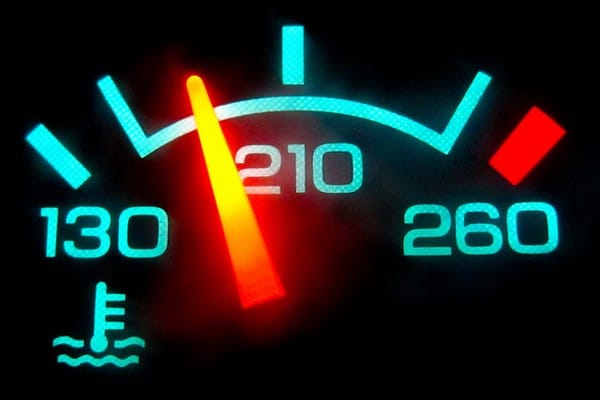What to do if Your Engine Overheats
With the official first day of summer passing us by this weekend, it’s the time of year engine overheating becomes a much more prominent issue.
Increasing temperatures obviously mean a higher risk of your engine overheating; now is a great time to check out what steps you should take to respond to this should the problem arise.
The Florida Department of Transportation (FDOT) recommends if your vehicle does overheat, do not drive it more than a quarter mile further. It’s safer to have the vehicle towed to prevent more damage to the engine.
Of course, things do not always go as planned and you may not be able to get a tow truck or find a nearby mechanic. The FDOT suggests following these simple steps:
- Find a safe location, pull over, and turn off the engine.
- Let the vehicle completely cool or the make sure the temperature gauge has moved from hot to cool before opening up the hood.
- Check the coolant, also known as antifreeze, level in the radiator; check the owner’s manual if you are not sure where the coolant reservoir tank is in the vehicle.
- Before opening up the radiator cap, make sure it is cool, then slowly and carefully twist it off with a towel and watch out for hot steam. If needed, fill up the coolant to the top of the radiator and put the cap back on.
- Make sure the upper or lower radiator hose and any of the heater hoses have not been disconnected, blocked or burst.
- Restart the engine.
- Keep an eye on the temperature gauge. If you noticed it crossing the optimal mark, find a safe location, pull over, and turn the engine off.
Getting help from a mechanic is always the best way to go, but sometimes you can’t always access one so it is important to be prepared. To stay safe, store these items in your vehicle: tool kit, coolant, non-perishable foods, water and a flashlight.
Source:
“Fleet Safety Video Tip: Engine Overheating.” Business Fleet. 2015 Business Fleet, 15/06/15. http://www.businessfleet.com/channel/safety-accident-management/news/story/2015/06/fleet-safety-video-tip-vehicle-overheating.aspx
